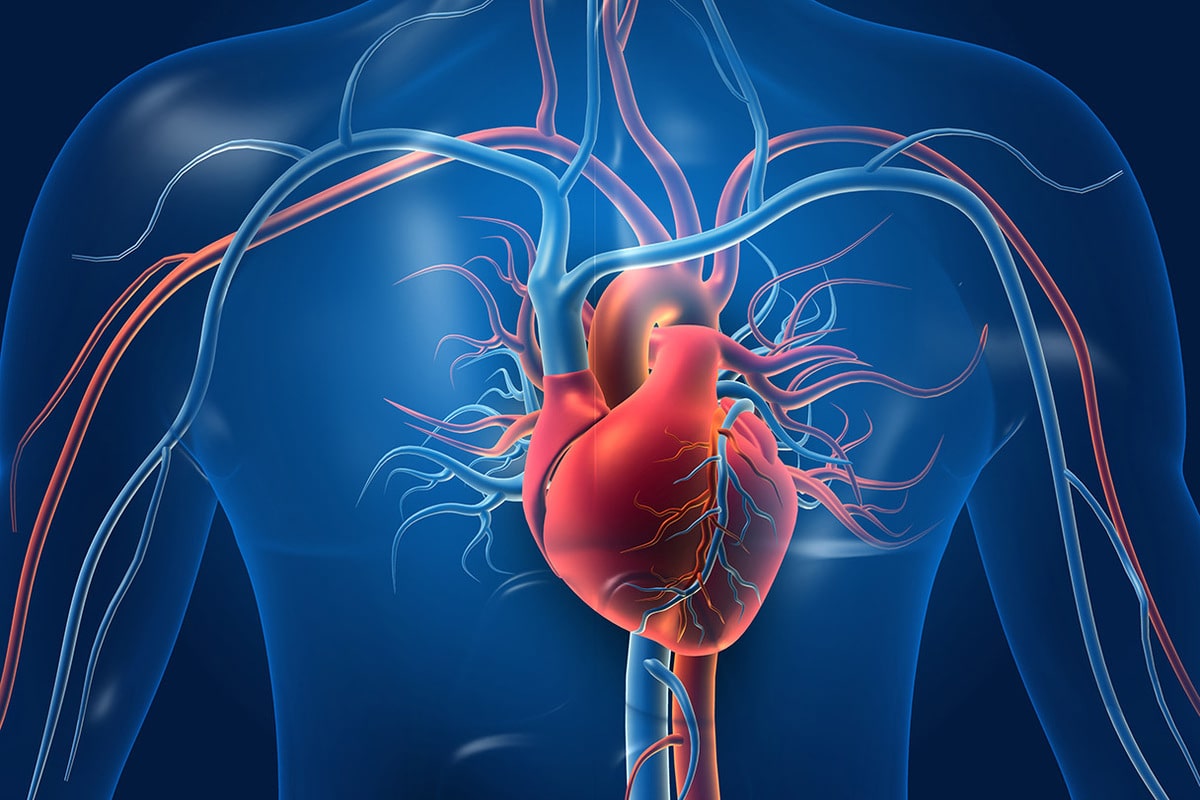When it’s about cholesterol, LDL cholesterol manifests as the prime risk factor in coronary artery disease (CAD). However, a recent study headed by Heribert Schunkert reported that the energy stores of the body—triglycerides—are the next harmful variants after LDL; and discovered that people having a particular gene mutation caused significant decrement in triglyceride levels thereby reducing the risk of heart attack by 50%.
The study, published in the New England Journal of Medicine, analysed 13,000 genes from 200,000 heart attack and healthy people. The authors found that apart from nutrition and predisposition, triglyceride levels are affected greatly by the ANGPTL4 (angiopoietin-like 4) gene. The ANGPTL4 gene trims the lipoprotein lipase (LPL) enzyme (that causes breakdown of triglycerides); thereby increasing triglyceride levels in blood. Mutation in ANGPTL4 gene is found to bring about radical cut down in triglyceride concentration.
Scientists also noticed that the body does not necessitate the presence of ANGPTL4 gene and therefore suggest that mutating or just switching off the gene is enough for drastic drop in triglyceride levels. Although, medications need to be developed to nullify the effect of this gene, animal trials have already showed successful results through a neutralizing antibody against ANGPTL4, paving way for human trials.

